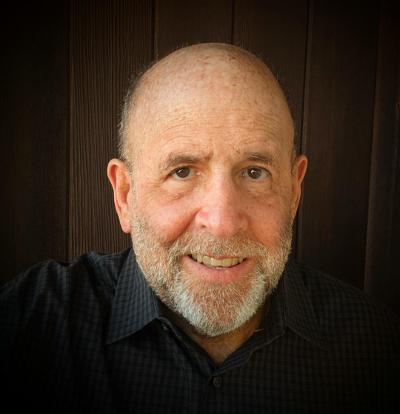
Andrew Malekoff
Sometimes it feels as if all of America has been under the spell of the COVID-19 pandemic forever. Nevertheless, I believe it is important that we take some time to remember all those who were lost and left behind when the Twin Towers came down 20 years ago.
In commemoration of the 20th anniversary of the Sept. 11, 2001 terrorist attack on America, the following is my reflection on participating in the World Trade Center Family Memorial Service that was held six weeks later on Oct. 28, 2001.
I attended the service in a group of mental health professionals who offered support for the bereaved.
A chill occurred as the sun disappeared behind the ruins of the World Trade Center. Renee Fleming, accompanied by the Orchestra of St. Luke’s, sang “God Bless America.” I headed for the emergency lane on my way to the boat that would be returning us to the pier on 57th Street, where we would be greeting thousands of mourners who planned to collect urns with ashes from Ground Zero.
Moments earlier I had said goodbye to the family I stood beside during the memorial service. They sat in the back row of our section, one of scores of sections filled with thousands of folding chairs, each chair occupied by a grieving family member.
I stood with my back against an iron gate so I would not block anyone’s view. The family had lost its father and husband, a decorated firefighter. The widow was a slight woman of Italian descent, probably in her late sixties.
Photos of her husband were pinned to her wool coat, and to the coats of her three children. He was handsome. He had a white mustache and a full head of silvery hair, combed straight back.
When the memorial service started, an hour earlier, one of her sons, an off-duty police officer, asked me to please make sure that no one obstructed his mother’s view. He said, “You can see how short she is.”
The service began with a processional that included His Eminence Edward Cardinal Egan, Archbishop of New York. Then, police officer Daniel Rodriguez of the NYPD sang “The Star Spangled Banner.”
He had become a national presence by appearing in his dress blues and singing the national anthem at Yankee Stadium before the World Series.
Everyone was on their feet. A massive wall of mourners rose around the tiny figure to my right. When I saw her struggling to climb, I took her arm and helped her up onto the folding chair. I told her that she could grab on to me. “Hold on to my shoulders,” I said. She hesitated. “Don’t worry you won’t knock me over,” I told her.
I could feel her trembling as she removed her right hand from my shoulder and fumbled for a tissue inside her coat pocket. I reached into my pants pocket and handed her a handkerchief.
When I was picking out my clothes earlier in the morning I had come across several unopened packets of white handkerchiefs. They belonged to my father who had died seven years earlier.
As I got dressed, I thought that today my father would want somebody who needed it to have one of his handkerchiefs. At first, she refused my offer, not wanting to impose. I urged her, “Please, take it. It’s okay.”
Twenty years later, my father’s handkerchiefs remain tucked into my dresser drawer—a daily reminder of when I marched in a parade of broken hearts.
Sometimes I close my eyes, think back, and try to recall what things felt like before that sunny fall morning at Ground Zero.






